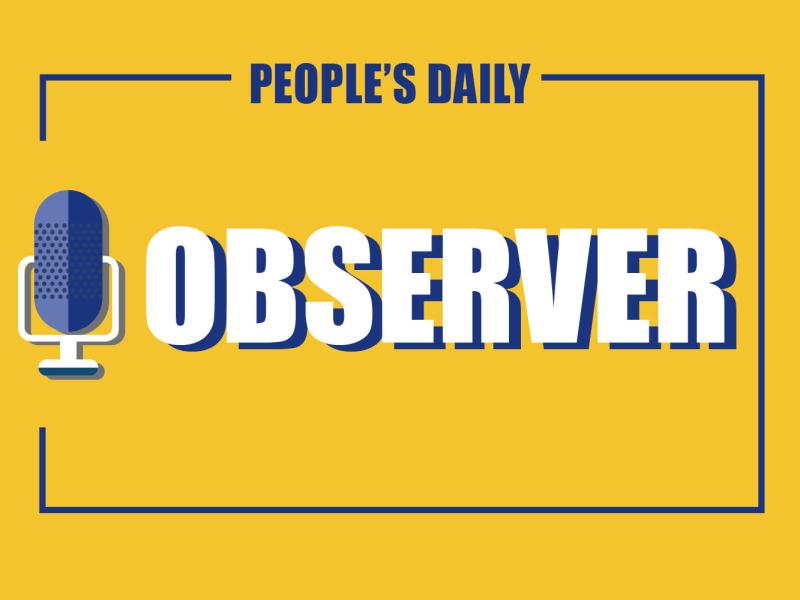
The US Senate confirmed Linda Thomas-Greenfield as US ambassador to the United Nations on February 23. Challenged by some GOP lawmakers, Thomas-Greenfield called China a “strategic adversary” and claimed regretting her decision to deliver a speech two years ago which praised China’s effort on the Belt and Road Initiative in Africa.
In less than two years, the veteran diplomat strongly contradicted herself on China. Thomas-Greenfield’s inconsistency further confirmed hostility against China, which has gradually become Washington’s new “political correctness.”
The world’s sole superpower seems to have a rise in hostility or “fears” about China and its fast-growing economy. China has undergone tremendous development, with its GDP surging to new highs, and nearly 100 million people lifted out of extreme poverty since 2012. The country has also provided solutions to global challenges such as alleviating poverty and maintaining peace. China has become a pillar of the multilateral system. Some US politicians find it hard to accept China’s rapid but peaceful rise, clinging to a Cold War mindset and hyping new rounds of the “China threat” theory.
While China plays a bigger role on the global stage, the US is encountering a number of crises at home and abroad, which has aggravated their anxiety in losing global dominance. Some US officials attempt to transfer domestic stress outward and unreasonably “hold China accountable” for a wide range of issues, from epidemic control to human rights. The US has scapegoated China for its own failures and showed no respect to the basic facts about China’s situation, allowing anti-China sentiment to further simmer.
In the shadow of political polarization, Democrats and Republicans have picked China as a “common enemy” to woo voters. Attacking China seems to have become a core component of US political discourse.
Nevertheless, Washington’s new “political correctness” does nothing to help itself, let alone bilateral relations. It hampers Americans’ objective understanding of China and the ever-changing international order. The second-largest economy’s development momentum, built by arduous efforts from the Chinese people, is irreversible. It is time for the arrogant superpower to abandon its major-power rivalry mentality, and properly understand China’s legitimate rise.
This type of “political correctness” seriously damages the hard-earned mutual trust between the two sides. In the past, China and the US have witnessed years of growth in their relationship, in which the two have sought common ground while putting aside differences. But today, Beijing’s efforts at rapprochement have not been fairly treated by Washington. An American misjudgment has led to an increasing number of aggressive anti-China policies. Many non-governmental business, cultural and technology exchanges between the two nations have been halted or even faced sanctions. This seriously hurts the dynamics of the two societies and the emotions of the two peoples.
The China-US relationship is the cornerstone of world stability. As one of the world’s most important bilateral relationships, cooperative China-US ties benefit world peace and development.
When politicians have to go back on their word and attack other countries to politically “survive” in the US capitol, it simply reflects the populist tendency in American democracy. The newly confirmed envoy should uphold multilateralism and promote cooperation under the United Nations framework, instead of choosing hostility towards China. The new “political correctness” in the US will never be a correct approach in dealing with China.


